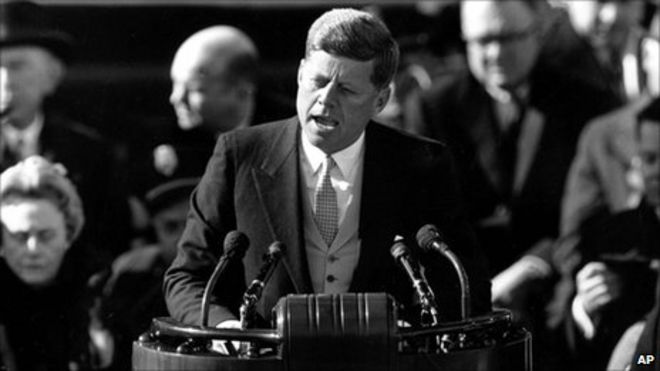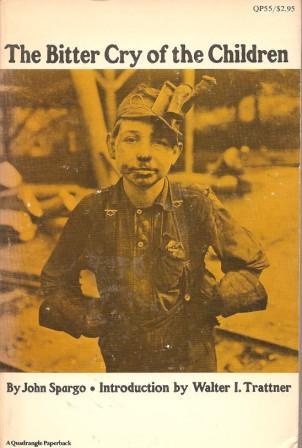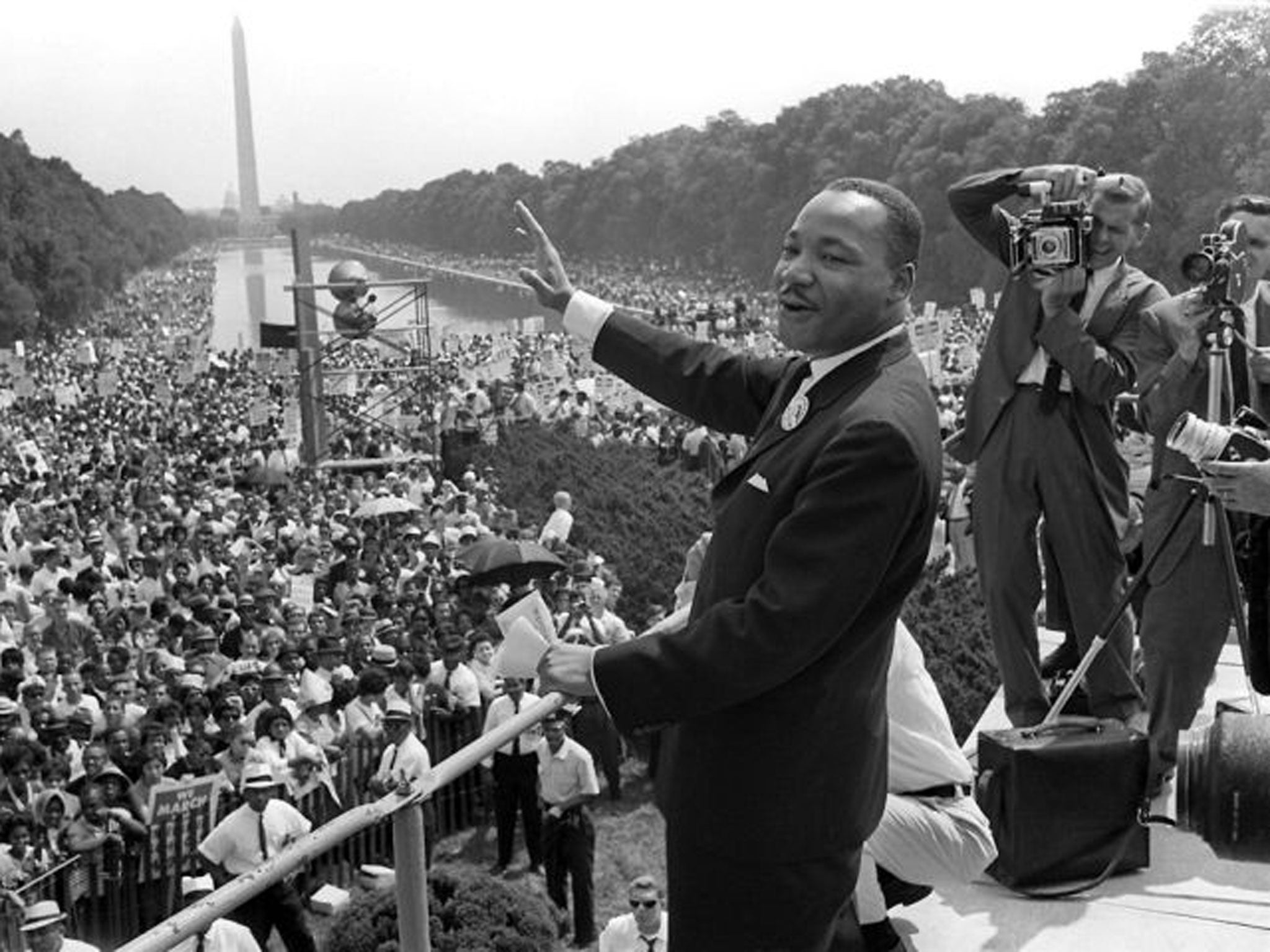Woodrow Wilson ran for president in 1912 and was elected as the democratic candidate. Wilson acknowledges the change in government--how it has become democratic. Wilson addresses certain aspects of the nation, including individuals, wealth, and the government. He then goes on to explain the "inexcusable waste" of the Gilded Age. Wilson looks to cleanse and reconsider. As a progressive president, he is clearly looking inward and hoping to make reform. Wilson emphasizes the need for laws to protect US citizens. He, at the end, states "This is not a day of triumph; it is a day of dedication," urging the people to dedicate themselves to the cause of reforming.
This is similar to JFK's inaugural address who says the US can meet any hardships, like the hardships of reform during Wilsons time.




